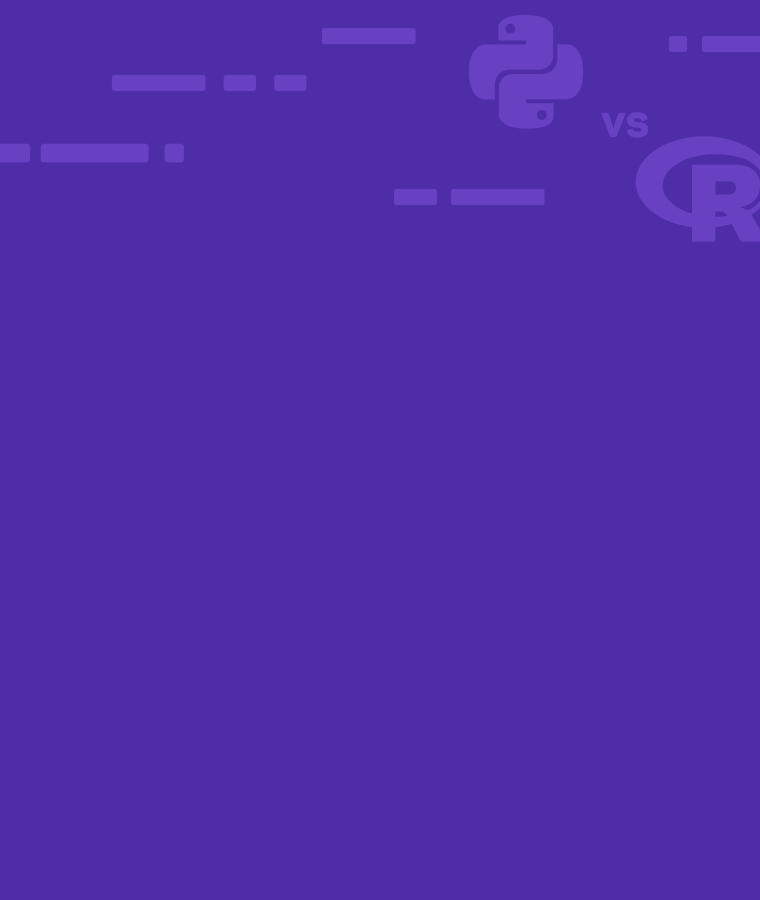
The Top 4 Deep Processing Strategies in Learning
Do you read the same stuff while preparing for your code exam? Have you ever studied a textbook chapter and found you understand just as much as when you started??
There are several ways to learn new information. Some methods are superficial, such as reading and re-reading the material. They do not help you comprehend or remember the material over the long term.
Yet, other study methods provide a significant amount of help for our learning. They assist us in moving beyond simple memorization and assimilating learned material. They encourage us to engage in deep processing of information in learning.
Today’s article explains deep processing, its importance, top strategies, and code-learning program considerations. Let’s get started.
What Is Deep Processing Of Information In Learning?
Learning via deep processing gives the material a personal meaning for the learner. Why does it matter to you? How does it relate to your life? For instance, you attempt to find out how a lesson on learning code fits into what you already know about the topic. Deep processing occurs when arranging notes around common themes and review questions. It also happens when mapping concepts of studied cases and paying attention to differences.
Surface-level strategies include memorizing presented information with minimal room for independent analysis. For instance, you could duplicate your teacher’s slides for lecture notes. After that, you commit a few essential phrases to memory by reviewing them. When you only use tactics on the surface level, you’ll forget what you’ve learned.
Why Is Deep Processing Important?
People use a computer analogy to describe how the mind learns. The brain immediately stores incoming information on a mental hard drive. But this isn’t exactly true. Human brains aren’t machines. They intake information differently.
But to learn, the brain has to digest information profoundly. Studies reveal that people can’t learn anything new without engaging. It points to the deep processing of information in learning.
Meanwhile, Stephen Chew has provided some very in-depth writing on this subject. Chew is a Samford professor and Ulrich’s favorite learning scientist. He has created a fantastic study guide for undergraduate students.
He illustrated how the brain must digest information to learn it. He says that for people to learn anything, they have to find the information interesting.
Deep Processing Strategies In Learning
Now that you are familiar with deep processing in learning here are some strategies to bring access deep processing in your own life.:
Elaborate on the Information
Make meaningful connections between several concepts you’ve studied using the elaboration technique. When presented with new information, ask how new information ties to what you know.
Suppose you are studying basic coding concepts such as arrays or libraries. In that case, strive to discover comparisons to ideas you already know. For example, a programming library is like a physical repository of information. So, it will be easier for the information to “match” the information that is already stored in your brain.
Make Distinctions
Compare and contrast what you’re learning with what you already know. When you do this, look at two sets of information and ask, “What are the key distinctions?” Then, your brain will organize the new information and store it in a way that makes it easier to find and use later.
Apply it to your life
Put the information into the real world With coding, use the concepts learned in class to build a project or solve an issue.
If you apply the information to your own life, you will be able to appreciate its true worth. You can apply classroom theories to real-life situations to better comprehend them. And note that when it comes to reaching a state of deep processing in learning, meaning is everything.
Explore the information further
Now, you can go beyond what you learn in class and explore on your own. It can help you get the most out of each of the strategies we’ve talked about so far.
There is a connection between exploring and the notion of experiential learning. You can make more interesting discoveries if you explore on your own.
This strategy also helps students discover where they need more help or understanding. In the end, it helps students come up with questions they can ask a teacher or mentor for more help and guidance.
Who Uses Deep Learning?
Does anybody really study in this manner, or is it something students do when their teachers force them? What are the steps involved in delving more into learning and exploring? Susan Bobbitt Nolen of Arizona State University researched middle school students.
She discovered that some students used deep processing strategies without any instructions. Also, using those strategies had little impact on one’s inborn ability. Instead, two primary factors influenced their application:
- Establishing a goal of understanding content and the acquisition of new information.
- Learning various deep processing strategies aids in learning and memory retention.
Interested students in learning with proper resources adopted study strategies on their own.
Deep Processing and How You Learn to Code
There are several ways when it comes to learn to code. But deep processing in learning how to code can help you choose the best academic path. There are many different kinds of effective code-learning programs. Still, some of the greatest ones will contain the following:
- Organizing information into modules or chunks helps you grasp each aspect in detail.
- Traditional learning and real-world experience can help you determine value.
- Learners can explore and think for themselves in unstructured playspaces.
- Focusing on real-world applications of coding minimizes lecturing and engages students.
Develop Your Skills And Find Something That Interests You!
An effective study strategy takes weeks or months of time, effort, and practice. You can still do it. With deep processing strategies, you can better learn new things, and eventually, master them.


